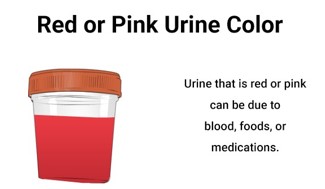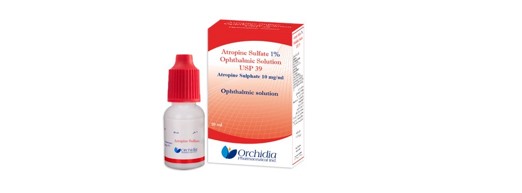A nurse is preparing to administer ophthalmic solution to a client. Which of the following actions should the nurse take?
Ask the client to look down when instilling the solution.
Instil the drops into the superior canthus.
Approach the client’s eye from below it.
Hold the ophthalmic solution 2 cm (3/4 inch) above the lower conjunctival sac.
The Correct Answer is D
When administering ophthalmic drops, the nurse should hold the dropper 2 cm (3/4 inch) above the lower conjunctival sac and instill the prescribed number of drops into the sac. The client should be instructed to look up and away from the dropper while the drops are being instilled.

Nursing Test Bank
Naxlex Comprehensive Predictor Exams
Related Questions
Correct Answer is C
Explanation
Vancomycin is a glycopeptide antibiotic that is effective against gram-positive bacteria, particularly against MRSA, which is resistant to other antibiotics like methicillin. It is not effective against gram-negative bacteria such as Pseudomonas aeruginosa and Klebsiella. Candida is a fungal infection and is not treated with vancomycin. Therefore, in this educational program, the nurse manager should emphasize that vancomycin is indicated for the treatment of infections caused by MRSA.

Correct Answer is D
Explanation
Mydriatic eye drops can cause systemic anticholinergic effects 1. Anticholinergic drugs block the action of acetylcholine, a neurotransmitter that transfers signals between cells to affect how your body functions 2. This can lead to side effects such as decreased digestion 2, which can result in constipation.

Whether you are a student looking to ace your exams or a practicing nurse seeking to enhance your expertise , our nursing education contents will empower you with the confidence and competence to make a difference in the lives of patients and become a respected leader in the healthcare field.
Visit Naxlex, invest in your future and unlock endless possibilities with our unparalleled nursing education contents today
Report Wrong Answer on the Current Question
Do you disagree with the answer? If yes, what is your expected answer? Explain.
Kindly be descriptive with the issue you are facing.
